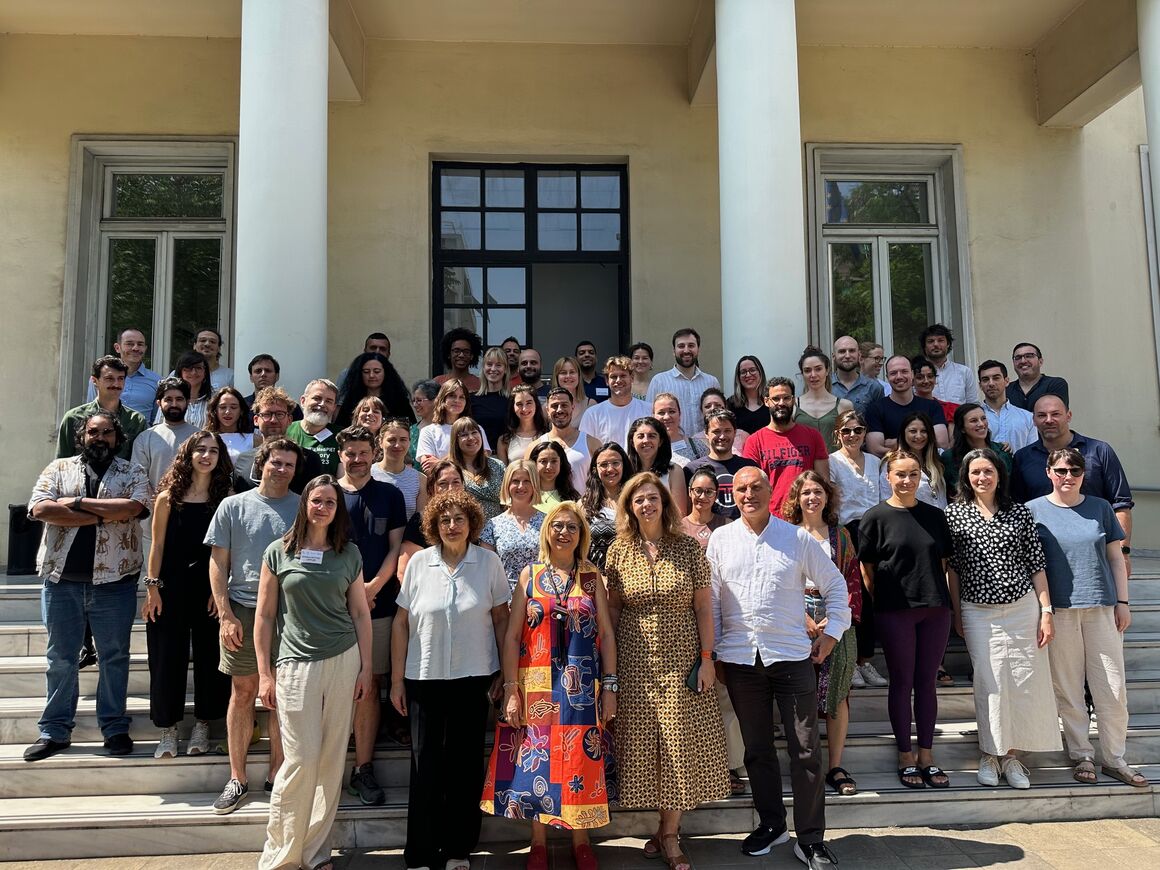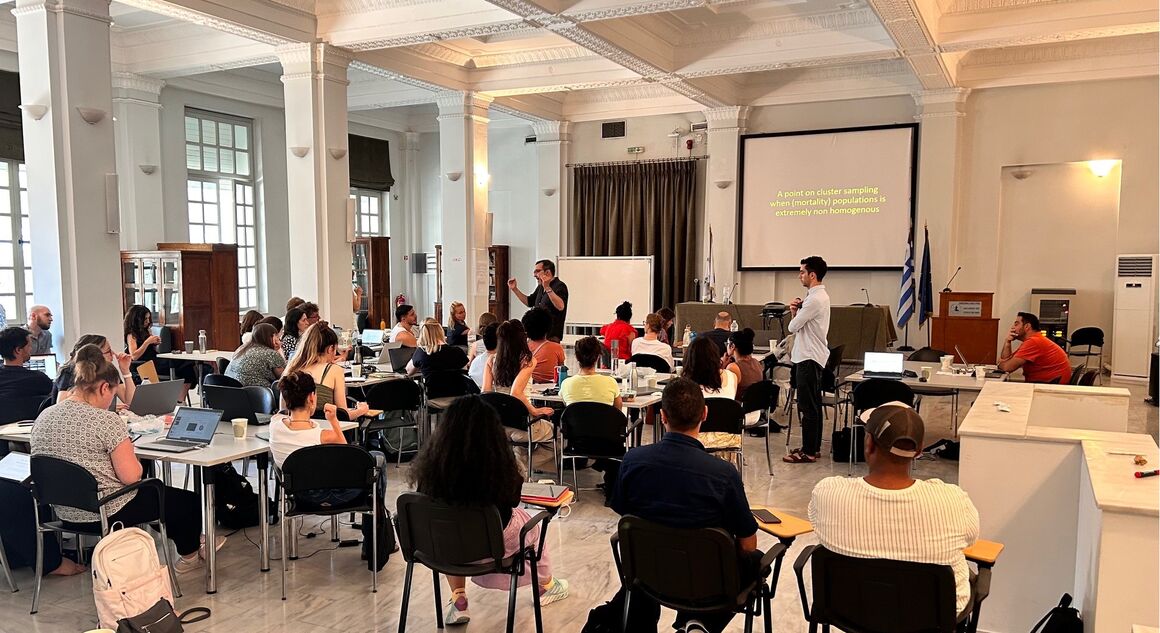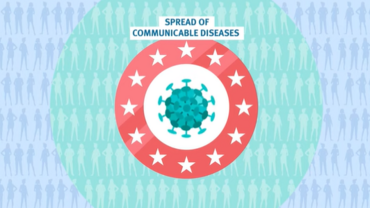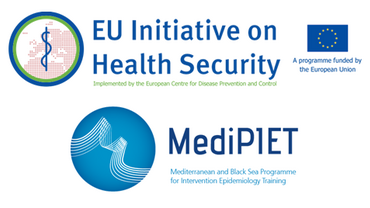Rapid risk assessment module enhances emergency response capacity of field epidemiology fellows
From 9 to 13 June 2025, the European Centre for Disease Prevention and Control (ECDC) delivered the Rapid Risk Assessment and Survey Methods module in Athens, Greece, to fellows from the EPIET, EUPHEM, and PAE programmes. In addition, the module was offered to fellows and external participants of the MediPIET programme.

The training strengthened participants’ ability to apply epidemiological methods in the context of complex emergencies and mass gatherings, supporting timely and evidence-based public health responses.
The module focused on three core components:
- Surveillance in mass gatherings
- Survey methodology and sampling techniques
- Rapid health assessments in complex emergency situations (CES)
A combination of lectures, practical case studies, group work, and field activities allowed fellows to design and conduct surveys, analyse data using R, and practise rapid assessment techniques in simulated emergency scenarios.
Real-world examples discussed during the module included:

- A vaccination coverage survey in Greece, where participants worked through all stages from question design to sampling and data analysis;
- A retrospective mortality survey in Haiti, implemented following the 2010 earthquake and subsequent cholera outbreak;
- A field exercise to estimate the population of a simulated refugee camp, where fellows collected data using mobile tools such as KoBoCollect and GPS-based software.
The module also covered public health risks associated with mass gatherings, using WHO assessment tools and exploring approaches to event-based surveillance and risk communication. Further sessions focused on sampling strategies, nutritional surveys, and early warning systems in crisis settings.
Fellows from various programmes were able to learn together, exchange experiences and meet experienced facilitators from several institutions involved in emergency response in humanitarian settings.







